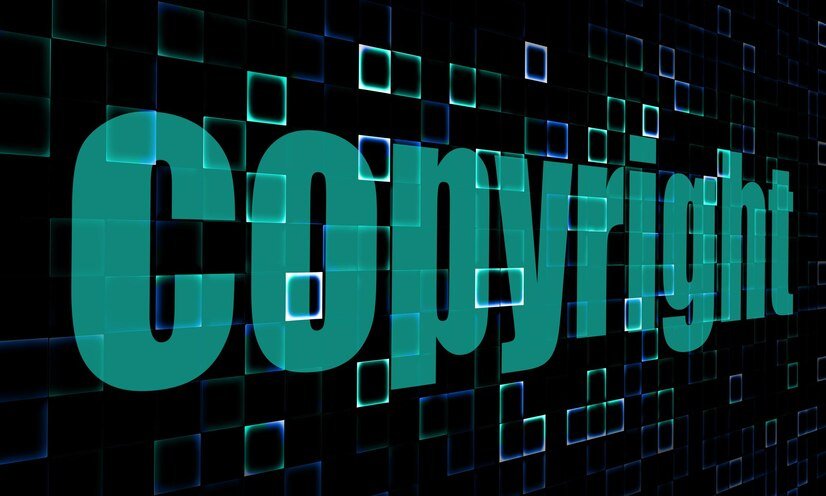Understanding the Moral and Legal Implications
To create such advanced models, artificial intelligence as an industry, largely depends on training datasets. These datasets generally comprise tons of written material including books, articles, blogs, etc. However, the inclusion of copyrighted data for AI training is a moral narcosis that does not pass without a legal fund. This review examines the ethical issues that arise from this practice, with a particular focus on the creators’ intellectual property and the standing of the AI industry.
Undermining Intellectual Property Rights
The first and most important point made is that AI development based on copyrighted material is unethical because it infringes on the rights of the owners of such documents. Writers, editors, and many other professional content providers spend a great deal of resources on producing an original work. Copyright protection exists to ensure that after their works are created, they get the due recognition and optimum rewards for their efforts. When AI makers use any copyrighted works without authorization and rewards, it violates these rights and disallows the inventors from exercising their authority over the copyrighted materials.
Consider an author who dedicates many years of his life to creating a book and then learns that certain portions of his book were used in a dataset for training an AI Chatbot without his permission. Right at the onset, this scenario infringes upon the author’s rights and undermines creativity and therefore, threatens the innovation cycle because creators cease to have faith in the system that is supposed to protect them.
Ethical Concerns of Consent and Attribution
Another critical ethical problem is the absence of consent and recognition when copyrighted text is utilized in AI training. Usually, content creators do not know that their work is being used in the training of the machine learning model. This lack of transparency leads to a situation in which people or companies derive benefits from the efforts of others without any credit or recompense.
Together with the legal aspects, attribution is also a fundamental requirement in ethics in the creative and academic worlds. Violation of this principle places AI developers in a position where they risk aggravating content owners and marring the nexus between technology and humans. Explicitly requesting approval or licensing the content is a more polite and open method that will improve the environment for AI developers and content creators alike.
Economic Ramifications for Content Creators
The financial gains for content makers are also lost as a result of the illegal incorporation of copyrighted materials while training AI. Many depend on the revenue acquired through licensing for product owners, platforms, and so on. Without paying out to the creators, when AI systems utilize any of their works, that is a place where potential income opportunities are lost.
Take, for instance, an article by a journalist who is training an AI that works as an aggregator of news. That may in turn mean that the journalist is likely to earn less in the times to come. If the AI starts providing summaries or even articles closer to what the journalist has written, then the demand for the work that the journalist has done is rendered useless. Besides the economic injury, which is through non-assignment, these problems of using copyrighted text without permission are always considered to be unethical.
The Risk of Creative Erosion
AI systems that are fed with copyrighted material can further contribute to the decline of creativity and originality. Such models cut and paste existing ideas styles or narratives for their purposes, so there is little diversity of human modes of creation in the artifacts that they create. Eventually, it could dampen the creative industries, due to the competition enabled by AI-enabled materials in which fewer creators are motivated to develop original materials.
This problem is more alarming in areas such as organizations and books where the individual and unique angle and voice matter significantly. AI systems that are trained on copyrighted text and are designed for a wider audience will tend to devalue language richness by focusing on bigger outputs and adding the shameful flag to the creative effort.
Legal Consequences for AI Developers
Aside from legal matters, there are also agency issues when it comes to the use of copyright-protected texts in AI training. The copyright laws of most nations also prohibit the copying or distribution of any protected material without obtaining the consent of the owner. This means that AI developers who utilize copyrighted material without permission or proper licenses are liable to litigation, and fines or other legal actions could be instituted against them owing to such breach.
One of the most popular AI companies has recently been sued and that shows why this is a problem. The creators are now more inclined to protect their work rather than let it be used freely, and the courts are starting to appreciate the damages that can be caused by that practice. For developers of AI compliance with ethical and legal norms is not only desirable because it is ethical behavior, but also it is pragmatic as it will help to avoid costly and time-consuming lawsuits and loss of reputation that damages AI companies.
Building a More Ethical AI Future
In order to resolve these issues, AI developers will have to adopt friendly practices for the procurement of training data. For example, making a commitment to use publicly available datasets, copyrighting the content, and making agreements with content producers. In addition, these frameworks need to change in the sense that they are the ones that would ensure accountability and the protection of property rights in the period of AI.
In the end, the advancement of AI should not prejudice the welfare of the creators. If the industry of artificial intelligence works within the framework of consent, attribution, and fair payment principles, then such an industry has a lot of potential.



